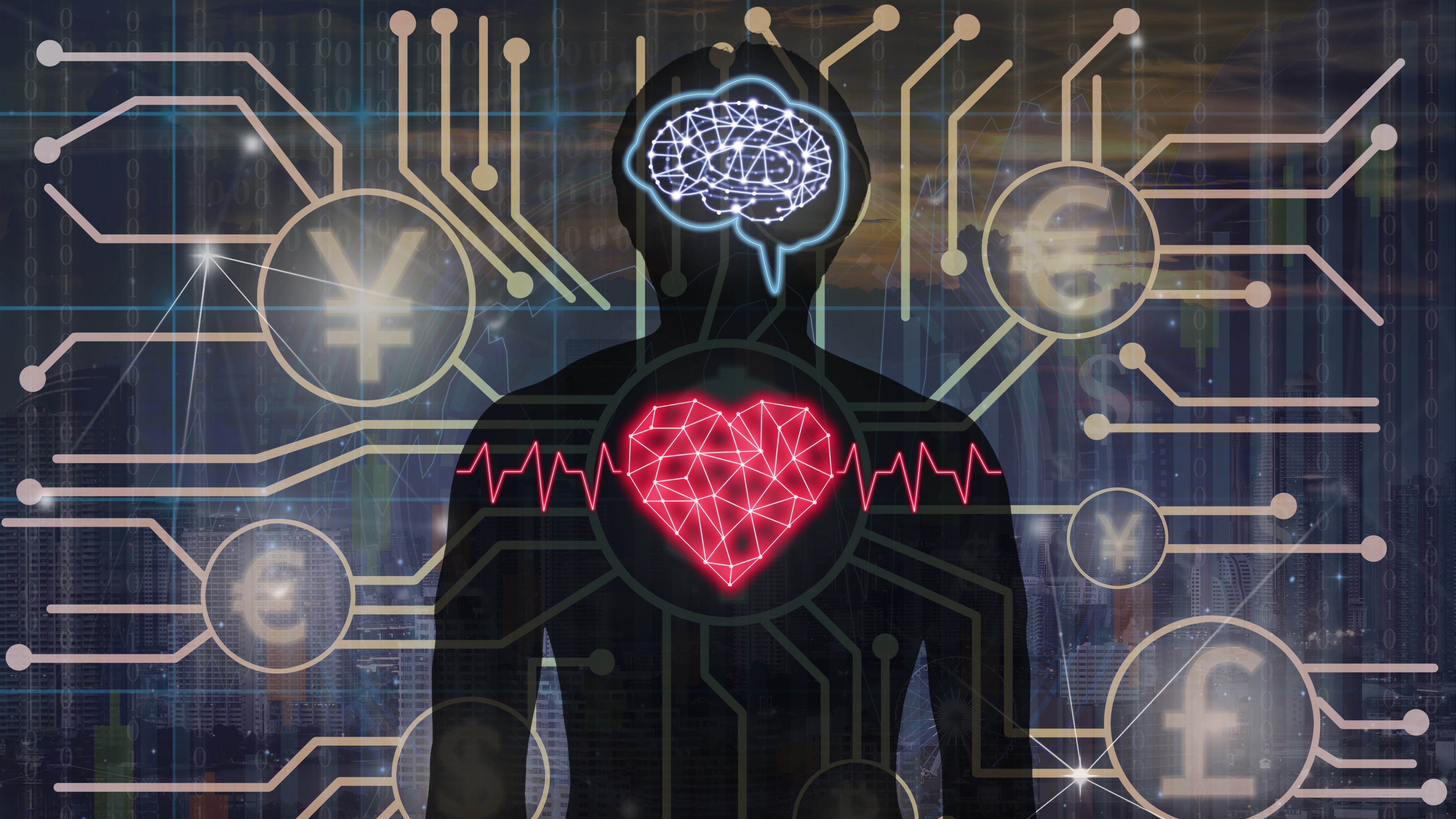There’s a new application for blockchain in town – and it has the potential to transform our healthcare system.
ScalaMed is an Australian start-up that uses the decentralised database of blockchain to enable patients to receive and carry digital prescriptions.
Founded in 2016 by former pharmaceutical executive, Dr Tal Rapke, ScalaMed is days away from launching its Australian pilot, with the aim of creating a more efficient healthcare system that puts patients at the centre.
“Through a decentralised approach, blockchain has the potential of having secure data that can be accessed and engaged with,” Rapke said.
“ScalaMed has the potential for massive impact, with minimal disruption to patients and providers.”
Similarly to cryptocurrencies, ScalaMed ‘removes the middle man’ in medical transactions, by using blockchain technology, giving individuals secure and easy access to their medical data.
As well as give patients greater control over their medical data, the use of blockchain in healthcare could save governments millions.
A 2010 report by the Australian Department of Health and Ageing found that avoidable hospital admissions and incorrect medication costs Australia $660 million annually.
Alongside this, the manual entry requirements medical practitioners face have been shown to have a significant cost on the economy.
Research also shows that the average medical ‘consumer’ will see 16 different doctors, with their data stored in 19 different interoperable databases.
The use of blockchain in healthcare could make such instances avoidable and create a more efficient system through cutting out the bulk of administration duties that hamper doctors.
“This fusion of blockchain technology and healthcare is a huge leap forward – it is the spine to an eventual blockchain-enabled consumer-centered health record and represents a big step towards personalised healthcare and medicine,” said Rapke.
The idea of integrating blockchain technology into healthcare systems is not a new one, with significant interest overseas from bodies such as the Massachusetts Institute of Technology (MIT).
And while the potential benefits of a more streamlined healthcare system are seemingly endless, concerns remain over the digitisation of sensitive data.
Rapke and his team at ScalaMed know they must prioritise creating a secure platform if they want their application to take off.
“We know that healthcare is a honeypot for hacking and identity theft,” said Rapke.
“However, ScalaMed’s decentralised platform with the highest level of encryption and security means, in the unlikely event of a security breach, hackers could only ever compromise one record, which they would nonetheless be unable to decrypt.”










